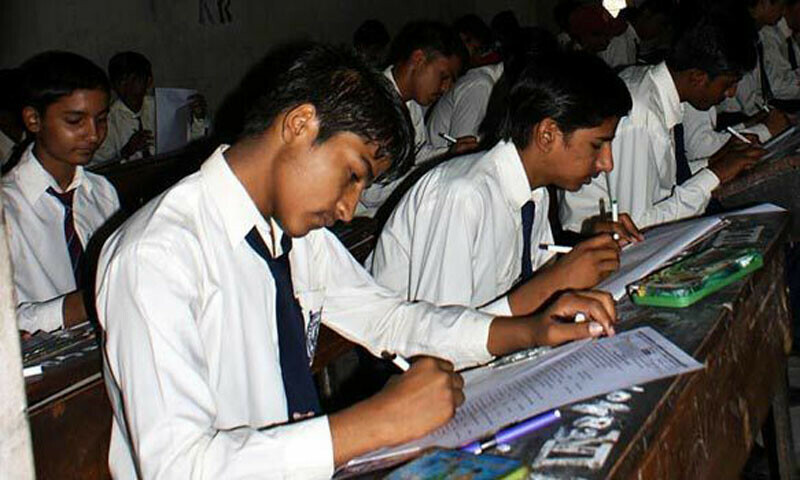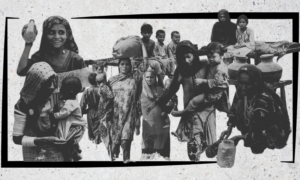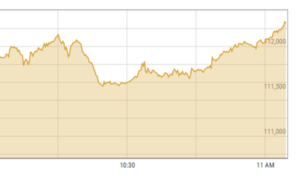Schools across Punjab and the Islamabad Capital Territory will remain closed on Monday (tomorrow) due to a “security situation”, a notification from the Punjab School Education Department said on Sunday.
“In view of the prevailing situation in the province, it has been decided that all public and private schools in Punjab will remain closed on 16 December, 2024 (Monday),” the notification, a copy of which is available with Dawn.com, said.
It added: “However, all offices will remain open and perform their functions as usual.”
A separate notification issued by Islamabad District Magistrate Irfan Nawaz Memon also ordered that “all public/private schools and colleges shall remain closed on 16th December, 2024 (Monday) within the revenue limits of Islamabad Capital Territory”.
Similarly, Lahore Deputy Commissioner (DC) Syed Musa Raza issued a notification declaring a “holiday in all Public & Private Schools & Colleges in the territorial jurisdiction of District, Lahore” on December 16.
Meanwhile, Rawalpindi Deputy Commissioner Dr Hassan Waqar Cheema also declared a “holiday” in all public and private schools in the district, on the orders of the Punjab government. Dr Cheema also told Dawn.com that examinations scheduled on December 16 have also been postponed.
While no reason was given for the closures in Islamabad and Lahore, the Rawalpindi DC told Dawn.com that schools are being closed in the district to observe the tenth anniversary of the Army Public School (APS) attack in Peshawar in 2014.
On the other hand, parents expressed resentment over the closure of schools and said that the school and college students failed to complete their syllabus due to frequent holidays in the last two months.
“From November 24 to November 26, all the schools closed and after this, schools again closed on December 16 when students appeared in [the] December examination and it disturbed the schedule,” Muhammad Riaz, the father of a grade nine student in Rawalpindi, told Dawn.com.
Muhammad Afzal, the father of a grade eight student, told Dawn.com that the children were enjoying the holidays, but parents were worried about their studies. He said that the school administration forced parents to make sure that students would complete their syllabus at home.
“We had to find coaching classes for the children so they would learn lessons from qualified teachers. We are wasting money in private colleges as they closed so many times,” Mrs Nadeem, the mother of an eleventh-grade student, told Dawn.com.
She said that teachers forwarded homework to the students but there was no way for students to learn different subjects other than through private tuitions.
Siddeeq Public School Principal Sheharyar Anwar told Dawn.com that too many holidays made it difficult for the school teachers to complete the syllabus. “We conducted classes in [a] few months only due to long holidays and it affected the quality,” he said.
He added that the provincial government also announced winter vacations from next week, further hindering institutions’ ability to educate students.
All Pakistan Private Schools and Colleges Association President Dr Malik Abrar told Dawn.com that the frequent decisions to close educational institutions were harmful to students. “Protests, cold, heat, smog holidays in the name of various days are destroying the future of education and increasing dropout rates,” he said.
He added that December was a crucial month for students between ninth and twelfth grade, as they were completing their syllabus in schools and colleges. “Without in-person teaching, it would be difficult for them to complete the studies and revise (for exams),” Dr Abrar said.
Last month, the government ordered the closure of all schools in Punjab after air pollution levels surged to new highs. Lahore recorded the highest pollution levels globally on November 7. Nearly half of Pakistan’s school-age children — around 26 million — were out of school due to hazardous air pollution.
Swiss air quality monitoring group IQAir classified Lahore’s air as ‘hazardous’, with PM 2.5 concentrations exceeding the World Health Organisation’s recommended limits by over 100 times.







